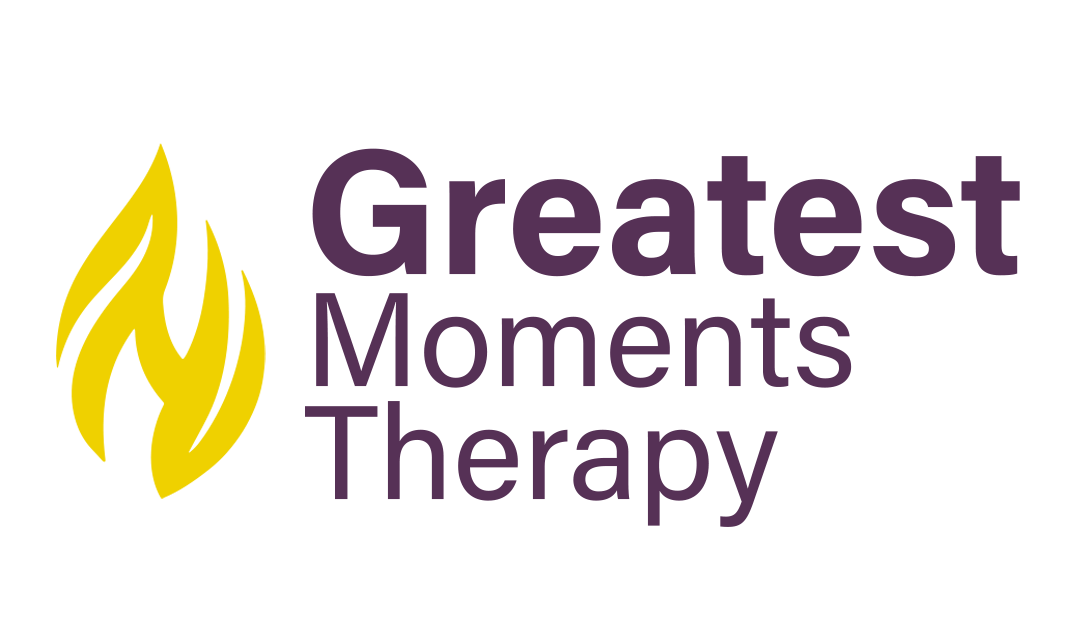Therapy for
PTSD
in Ridgewood, NJ

How do we treat
PTSD?
At Greatest Moments, located conveniently in the heart of Ridgewood, NJ, we understand the challenges of living with the aftermath of painful events and the resulting Post-Traumatic Stress Disorder (PTSD). It's more than a diagnosis; it affects every facet of your life. However, our team of compassionate therapists, counselors, and psychologists are here to help you navigate the tumultuous seas of trauma and find your way to healing.
We specialize in working with varying conditions such as Anxiety Disorders, Depression, Obsessive-Compulsive Disorder (OCD), PTSD, Personality Disorders, Reactive Attachment Disorder (RAD), Attention Deficit Hyperactivity Disorder (ADHD), and Addiction. Our focus is on providing personalized, effective treatment options that address your unique experiences and needs.
As PTSD is a serious condition that deeply disrupts lives and interferes with everyday patterns, we utilize a range of treatments. These treatments include Eye Movement Desensitization Reprocessing (EMDR), Dialectical Behavioral Therapy (DBT), Cognitive Behavioral Therapy (CBT), Internal Family Systems (IFS), and Sensorimotor Psychotherapy. Our therapists work closely with you to develop a tailored therapy plan, walking alongside you in every step of your journey towards wellness.
At Greatest Moments, we embrace diversity and inclusivity. We extend our services to individuals of all ages, including children and adults, as well as couples seeking marriage therapy. We provide a safe and welcoming environment where you can comfortably explore your feelings, thoughts, and behaviors.
Remember, seeking help isn’t a sign of weakness but a testament to your courage. No matter what you're going through, our dedicated team is here to support and guide you through counseling and psychotherapy. At Greatest Moments, your greatest moments of healing and growth are yet to come.














